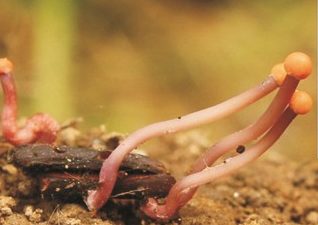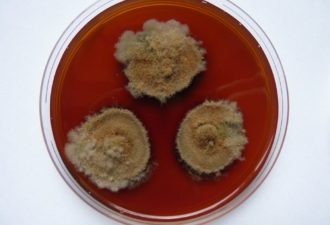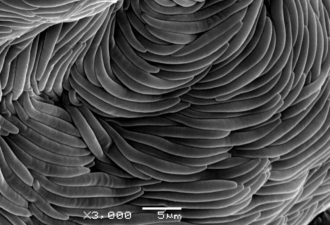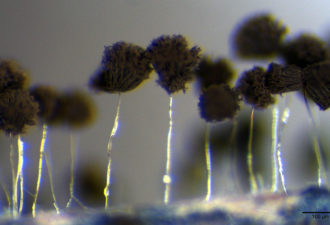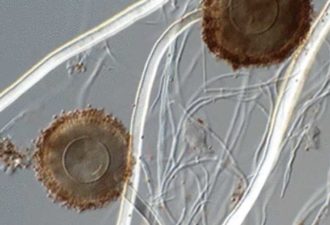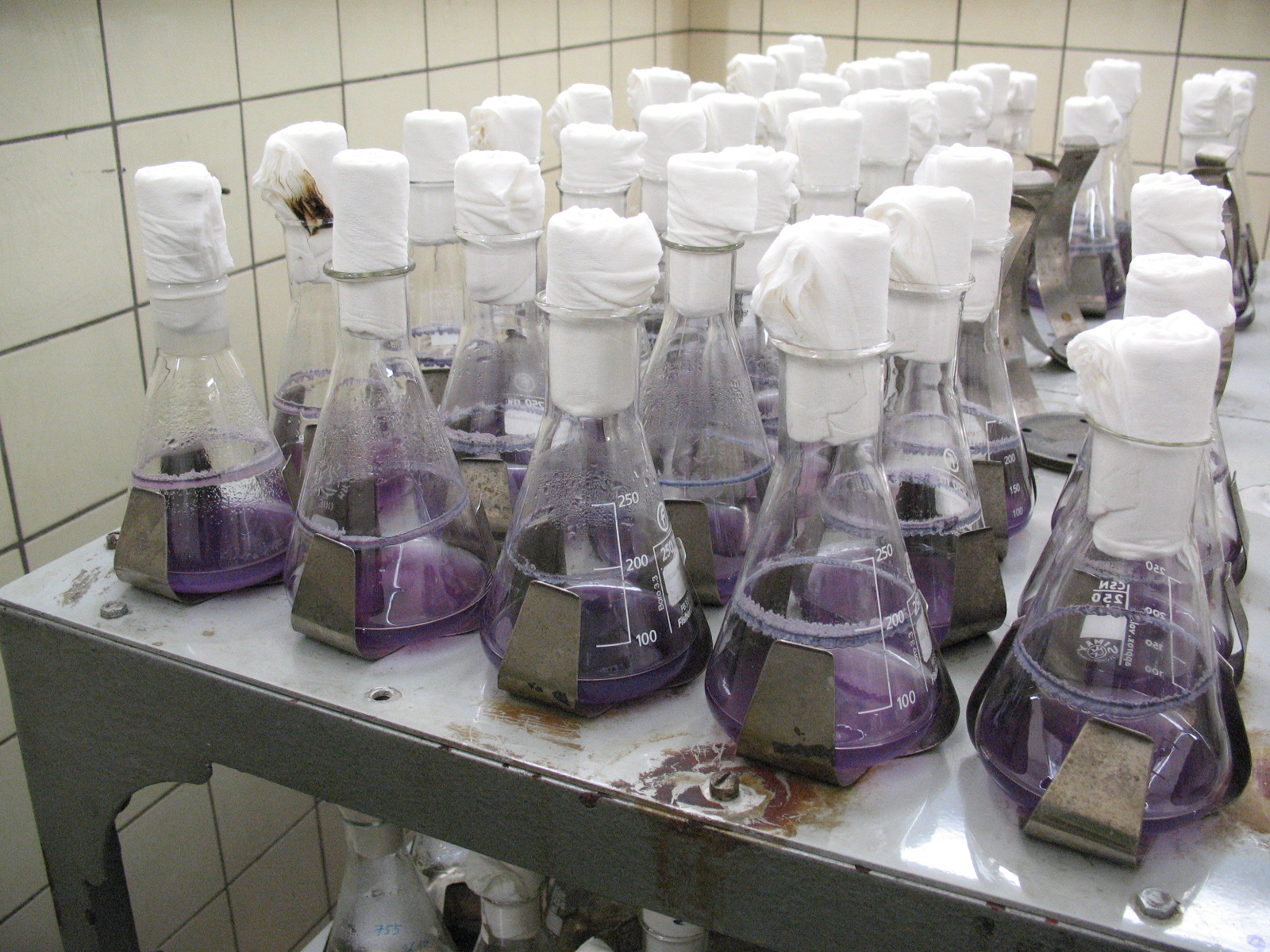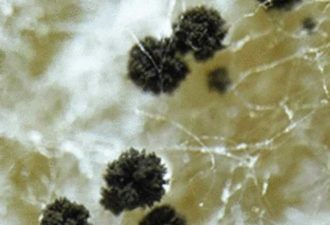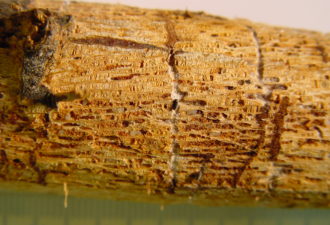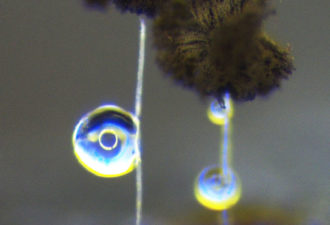Fungal genetics and metabolism
Kolařík Lab
We focus on understanding the biology of fungi important to humans, using an interdisciplinary approach that combines evolution, diversity, ecology, epidemiology, taxonomy, physiology, biogeography, pathogenicity, and secondary metabolites. We study plant pathogenic ergot fungi (Claviceps), symbionts of varoius insect (bark beetles, Lepidoptera etc.), bat pathogens, little-known fungal lineages, Red Listed basidiomycetes, and clinically important fungi like Aspergillus, Penicillium, and dermatophytes. In clinical fungi, we address new pathogen descriptions, speciation mechanisms, epidemiology, diagnosis, and drug resistance. We explore secondary metabolites for their ecological roles and biotechnological applications. Methods include advanced taxonomic analyses, phylogenetics, phylogenomics, transcriptomics, population genetics, microbial community analysis, metabolomics, and biological activity testing. We also engage in outreach and citizen science projects.
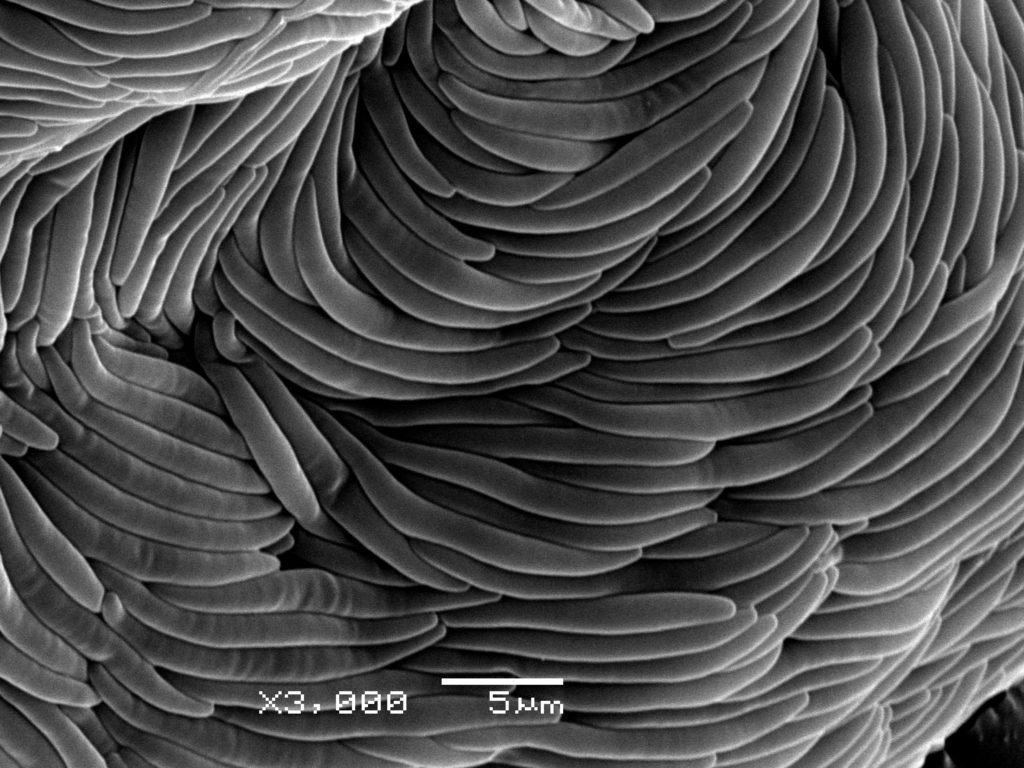
What’s new?
No update matches the specified criteria.
Focus of research
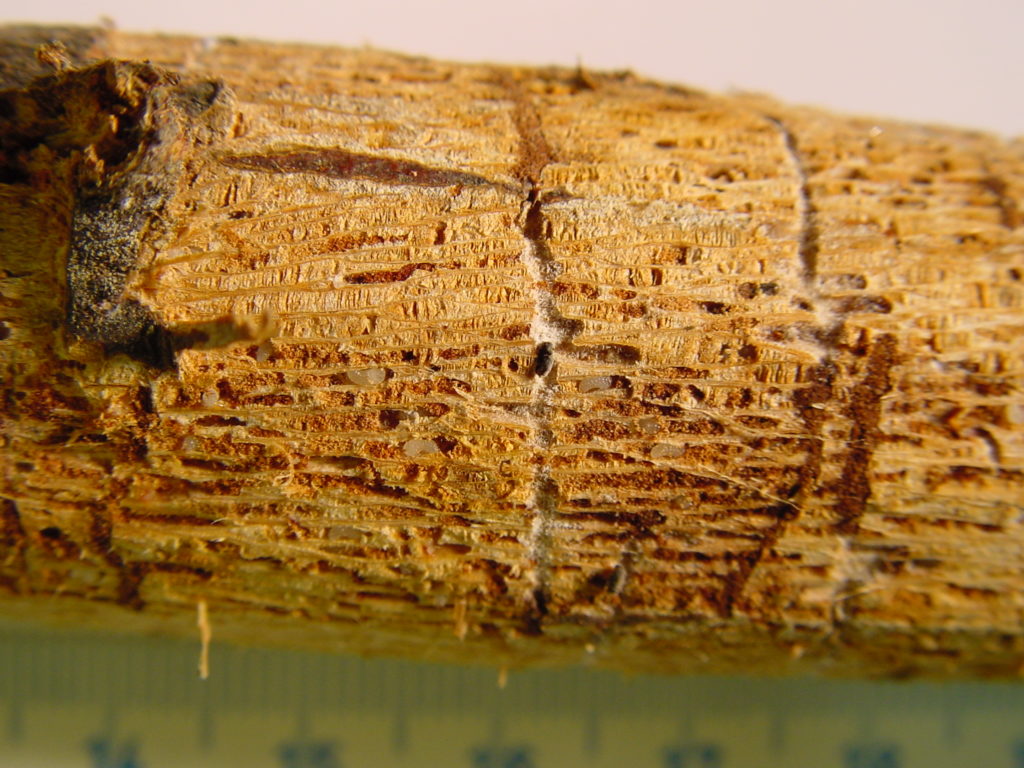
Microbial symbioses of herbivorous insects
Our team studies the symbionts of caterpillars (Lepidoptera), ambrosia gall midges (Diptera, Cecidomyiidae), woodwasps (Hymenoptera, Siricidae), bark beetles (Curculionidae, Scolytinae), pinhole borers (Curculionidae, Platypodinae), and termites (Isoptera, Termitoidae).
read more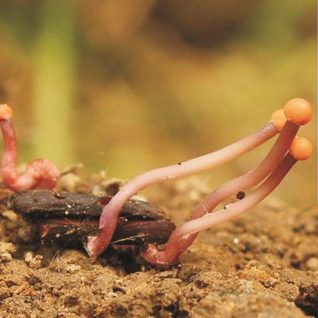
Ergot, the genus Claviceps
Our laboratory holds the world’s largest collection of ergot fungi (Culture Collection of Clavicipitaceae, CCC) and focuses on the research of the evolution, diversity, toxicity, taxonomy, and ecology of these fungi.
read more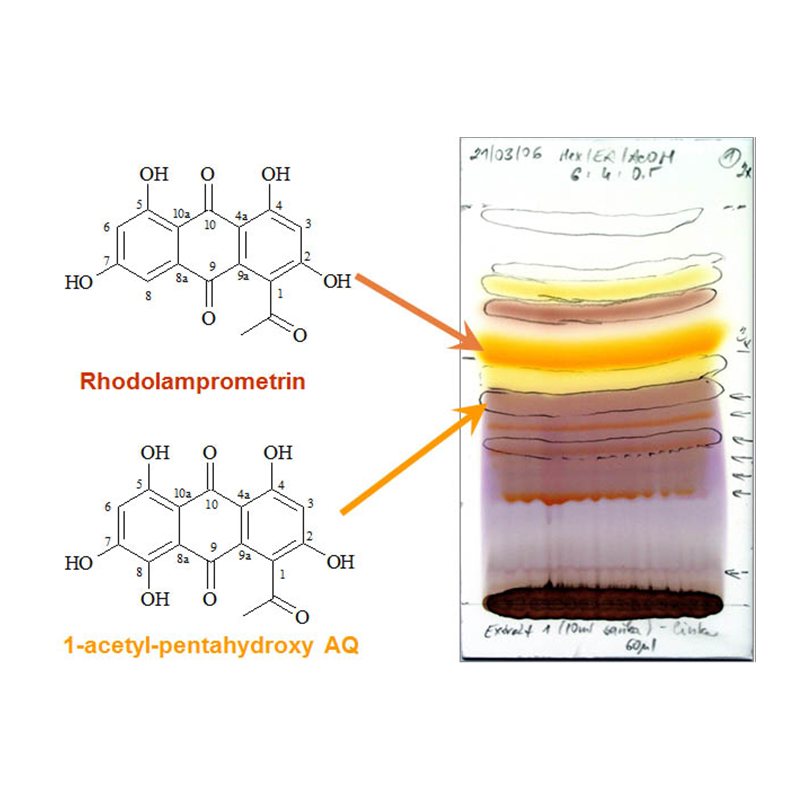
Secondary metabolites
Fungi are significant producers of natural chemicals, secondary metabolites, which has many applications in agriculture, medicine, and the food industry. In our projects, we identify natural compounds from poorly studied fungi (Chaetosphaeriales, Botryosphaeria, Geosmithia, Claviceps, Exobasidium, etc.).
read more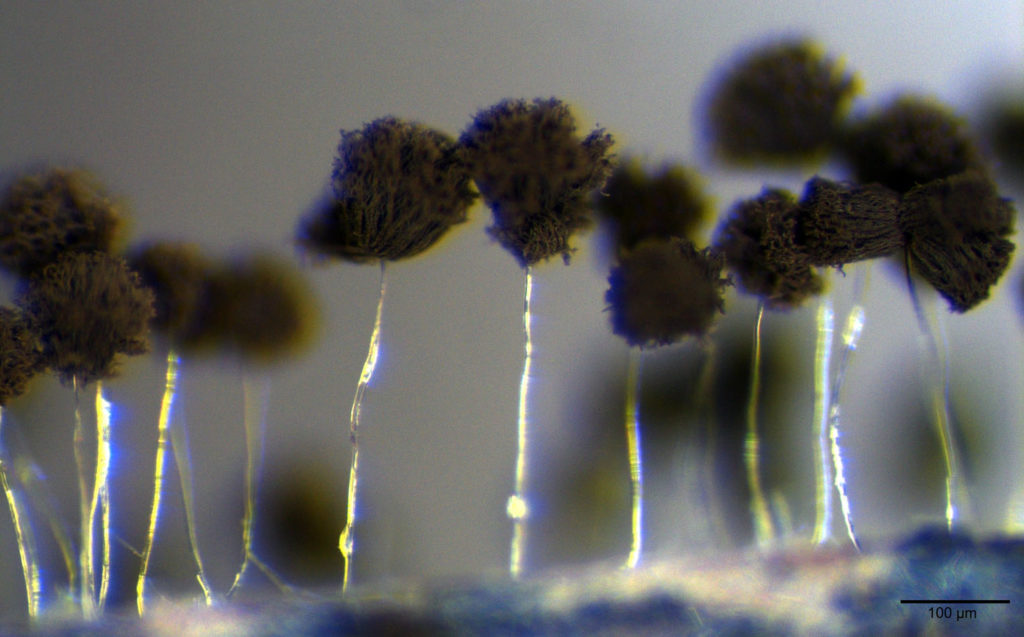
Species boundaries and diversity of the genus Aspergillus
Aspergillus (Ascomycota: Eurotiales) is a genus of filamentous fungi that includes species of clinical, biotechnological, and toxicological significance. Our team focuses on studying the diversity and taxonomy of these fungi and has described dozens of new species, including clinically and food-relevant representatives.
read more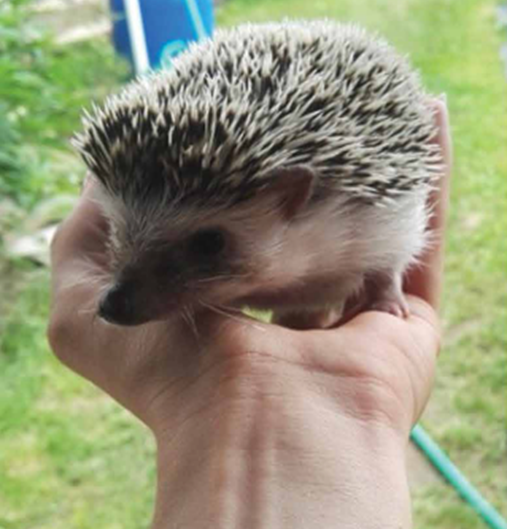
Fungal pathogens of humans and animals
We focus on a comprehensive understanding of fungi causing diseases in humans and animals. Our research targets “emerging diseases,” which are newly appearing or rapidly spreading within populations.
read more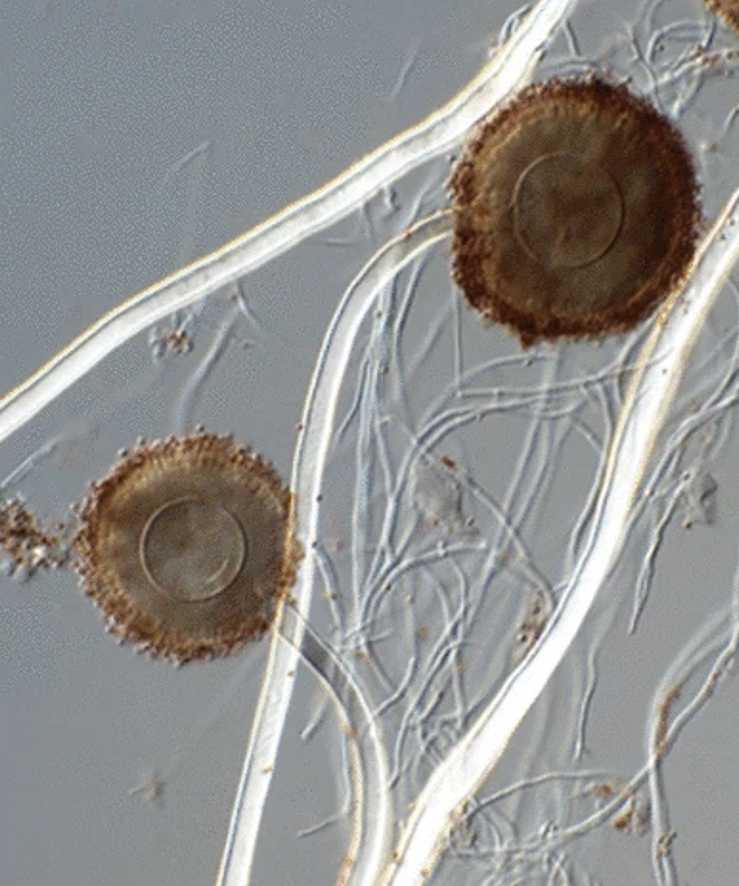
Diversity and taxonomy of overlooked fungal groups
Of the estimated total number of fungal species, 1.5 to 6.3 million, only about 150.000 have been described so far. Our work has led to the description of one new family and numerous new genera and species.
read more
Microbial lipids
Lipids are essential components of all cells, serving as fundamental building blocks of cellular membranes and as energy sources. Our work focuses on the detailed characterization of lipid composition in bacteria, fungi, and algae.
read more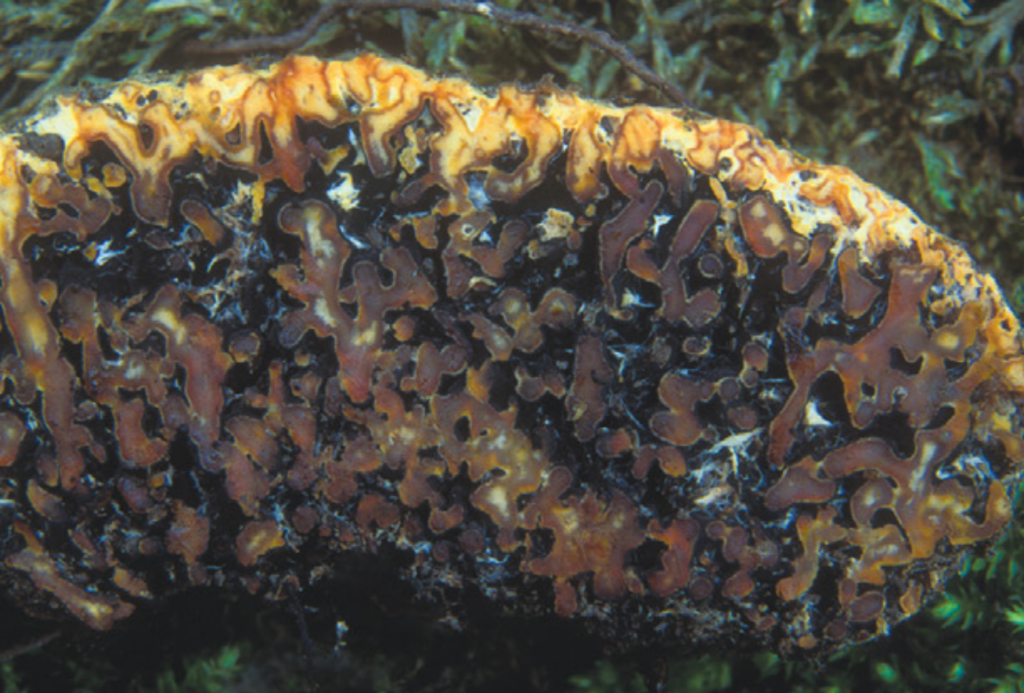
Culture Collection of Clavicipitaceae (CCC)
The Culture Collection of Clavicipitaceae (CCC), with approximately 1,400 strains, is the largest collection of Claviceps fungi in the world.
read moreServices for the public
- Identification of fungi by phenotype and genotype
- Identification of natural substances produced by microorganisms
- Physiological characterization of microbial strains
- Provision of strains from the CCC – Collection of Clavicipitaceae
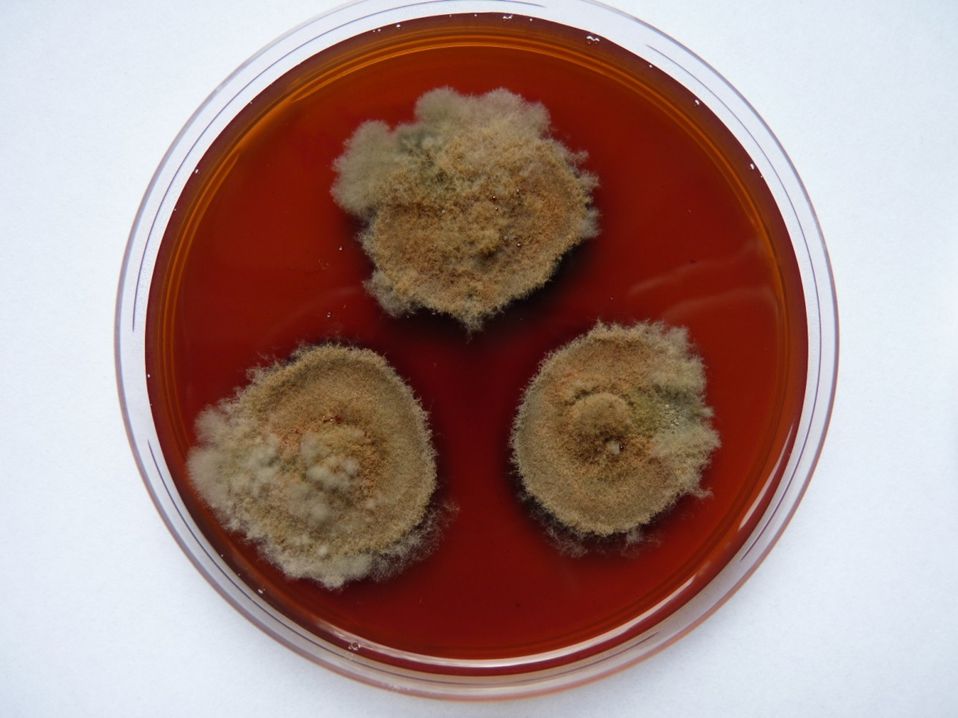
Our Publications
Our Team
Meet the members of our Fungal Genetics and Metabolism Laboratory team
Kolařík Lab
